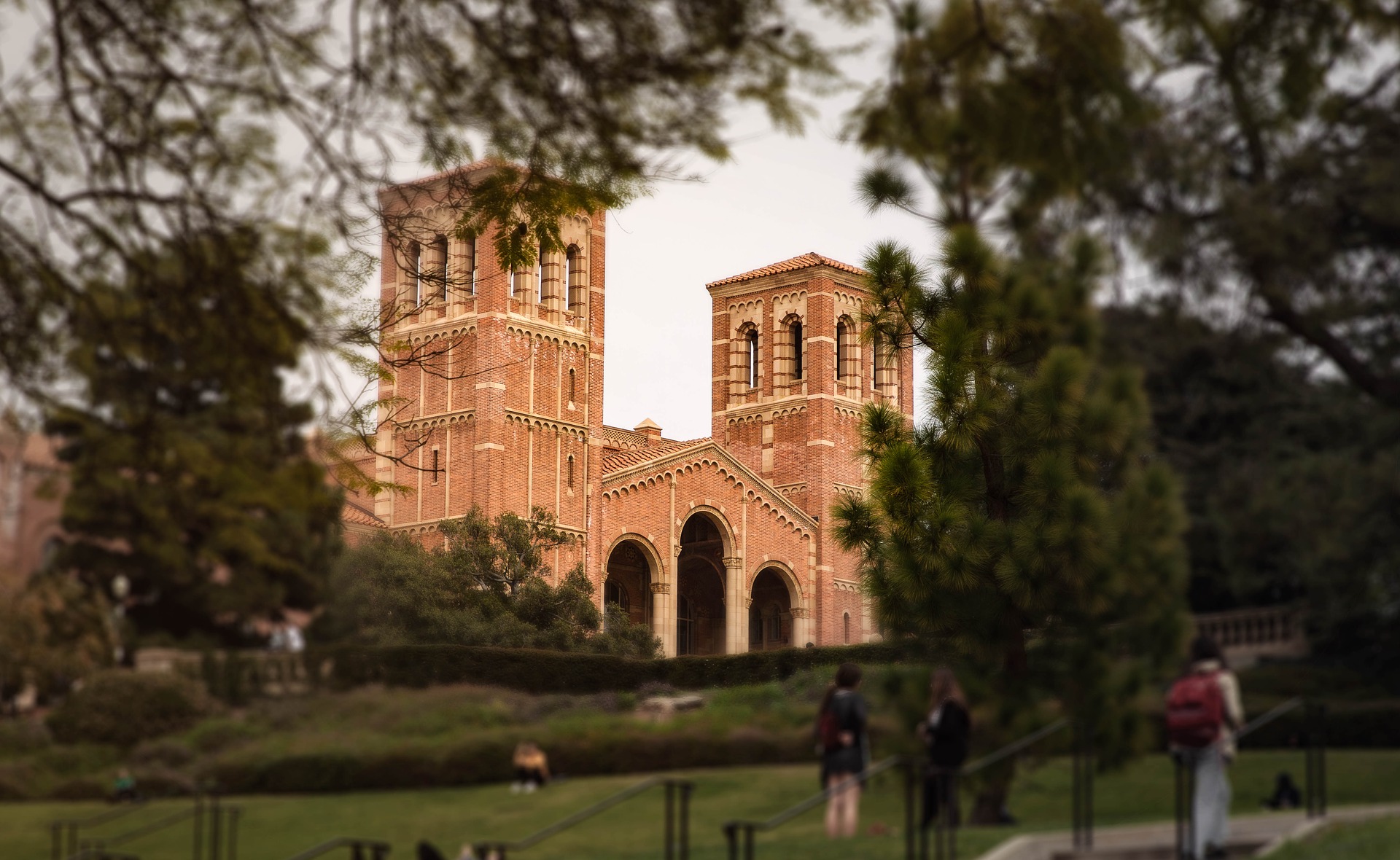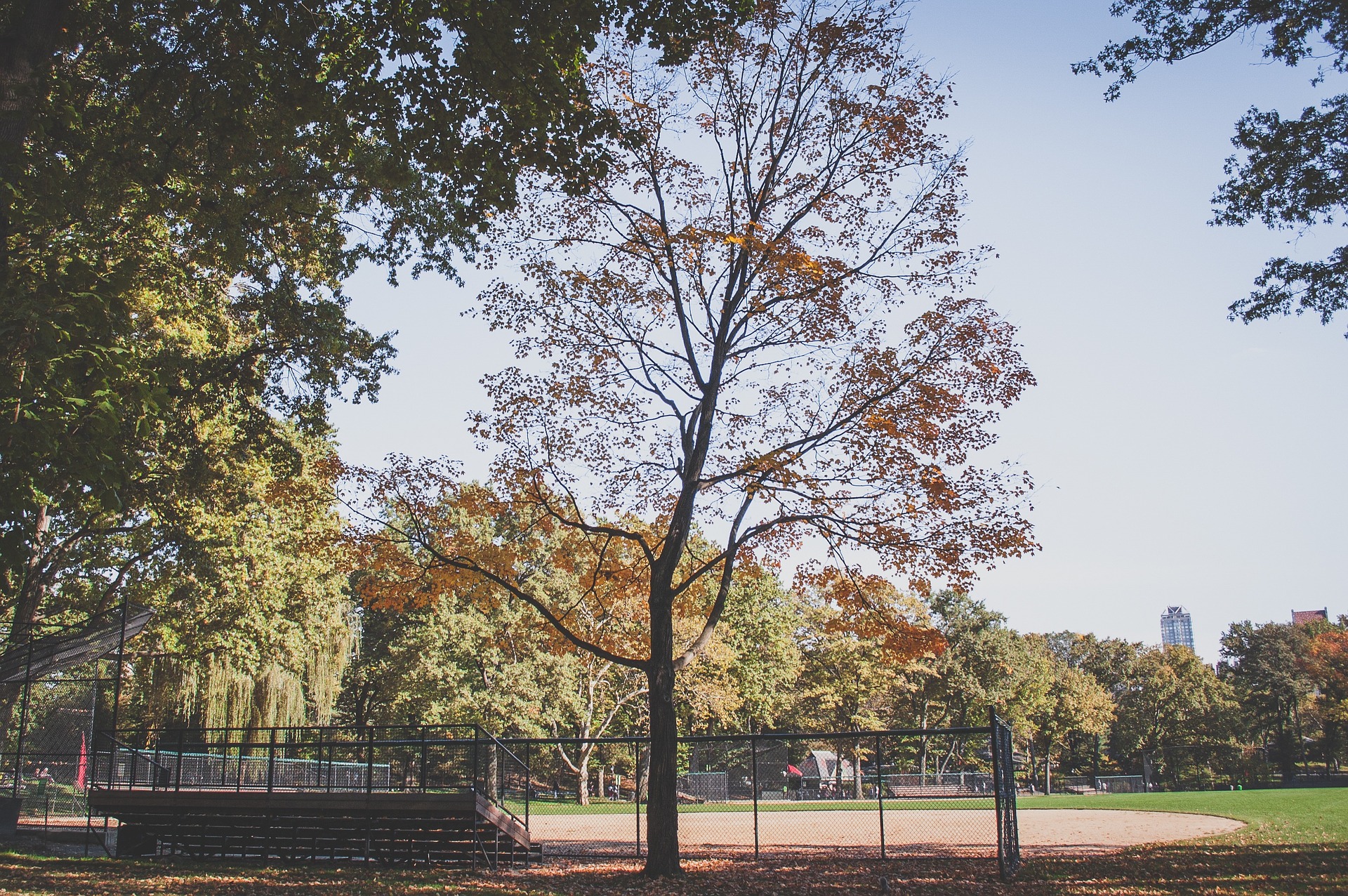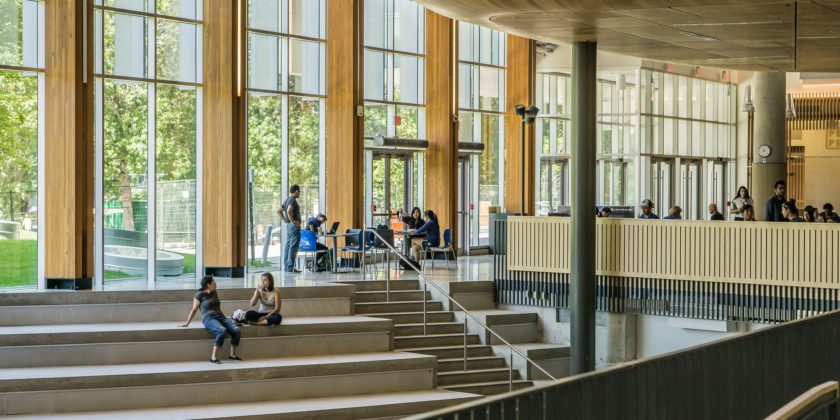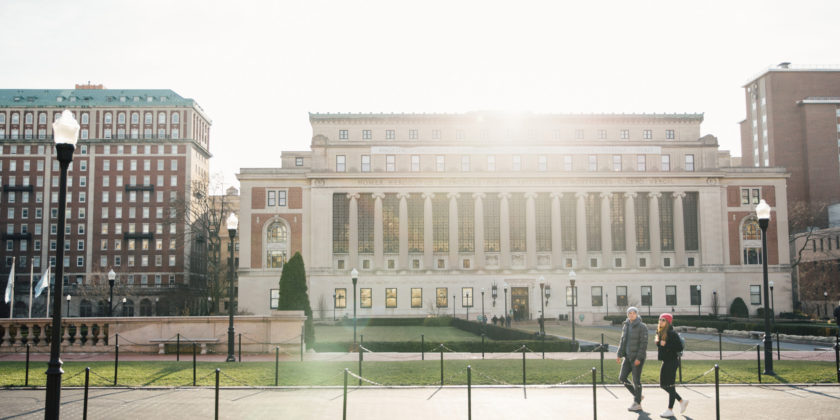If you are planning to obtain an MBA, you’ll need to take the GMAT or GRE. When should you do that? The short answer is that sooner is generally better than later. In fact, you should consider studying for these exams while you are still in college. Your senior year is often the perfect time to take the GMAT or GRE.
MBA program applications are evaluated based on a variety of factors. Undergraduate GPA, professional progression and responsibilities, leadership, community service, and GMAT or GRE score all play a role. Many undergraduate students who know they may want to someday earn an MBA assume that the best time to study for the GMAT or GRE will be a few years before they apply. They just meld GMAT or GRE prep with the process of submitting an MBA application in their minds. But, one can take the GMAT or GRE long before they actually fill out an MBA application. Still other undergraduate students have a vague sense that getting an MBA might be something they consider in the future but have no idea if they’ll actually pursue one. These students may not even have thought about the GMAT or GRE at all.
In this article, we’ll explain why studying for an taking the GRE or GMAT while you are still in college is a reasonable way to improve your score and chances of admission to a top MBA program. And really, the same logic applies to any sort of graduate school program (which would then require the GRE, not the GMAT).
Why Could Taking the GMAT (or GRE) While You are Still in College Improve Your Score?
There are two basic reasons that studying for standardized tests while you are still an undergraduate can improve your score.
First, you probably have more time to prepare during your senior year of college than when you are in your second year of your first job. You might feel extremely busy when you are in college, particularly if you hold a leadership position in one or more organizations or are still looking for a job. However, although you can’t realize this while still in college because you can’t peer into your own future, you’ll likely be even busier when you are working full-time (i.e., with increasing amounts of responsibility, perhaps a new spouse and/or other family responsibilities, etc.). If you have more time to prep, it will be easier to build GMAT or GRE prep into your weekly schedule and consistently spend time on it.
Second, some, not all but some, of the skills you’ll need to excel on the GRE or GMAT will be much fresher when you are still in college. Both the GMAT and the GRE test things like: mathematic ability, vocabulary skills, knowledge of grammar, problem-solving, logic, and reading comprehension skills. Although these exams are much less like academic math tests than many people believe, you’ll still need to know the rules of algebra, probability, and geometry. If the last math class you took was 6 months ago instead of 6 years ago, you’ll be much better positioned to absorb the conceptual material so you can focus on test-taking strategy. If you haven’t taken a math class for nearly a decade, you might quickly find yourself considering a GMAT tutor.
So, if you know you want to get an MBA someday, you should strongly consider taking these exams while you are still in college. But perhaps more importantly, even if you don’t know whether you do or don’t want to get an MBA, you should still consider taking one of these exams while you are still in college.
How Long Are GMAT or GRE Scores Good For?
The astute reader might point out that GRE and GMAT scores have a shelf-life. They are not valid forever. Your GMAT score will be valid for five years from the day you take the test. When you are applying to a top MBA program, they will treat your GMAT score the exact same whether you took it 1 month before applying or 59 months before applying. GRE scores are also valid for five years.
The fact that your GMAT or GRE score is only valid for five years is obviously relevant. You certainly don’t want to spend 12 weeks studying for the GMAT, get a great score, and then not apply to an MBA program within five years. If you follow that path and then decide you DO want to get an MBA, you’ll have to take the GMAT all over again. However, although it varies over time, typically 2-4 years of professional experience is more than enough to put forth an excellent MBA application. In fact, if you wait for 5+ years before applying for an MBA program, you can quickly become one of the older applicants. So, taking the GRE or GMAT during your senior year sort of forces you to prepare for applying to an MBA program within 5 years, which is not a bad plan.
Furthermore, many admitted students can defer matriculation for at least one year. So if you have an expiring GMAT score, you can apply, get admitted, and then defer for one year.
Should you take the GRE or GMAT?
Are you convinced you should take the GRE or GMAT during your senior year of college? Great! But which should you take? Top MBA programs all accept both. The question is how many truly treat them equally in the application review process. MBA programs typically place a slightly higher degree of importance on GMAT or GRE quant performance. And the GMAT is an MBA-specific exam that tends to be more challenging from a quant perspective. So, if you are serious about getting an MBA and want to demonstrate that to MBA programs, you might consider the GMAT. On the other hand, if your quant skills aren’t the strongest, the GRE might allow you to put a much strong foot forward. Schools may marginally prefer the GMAT, but if they see a 90th percentile GRE quant score and a 70th percentile GMAT quant score, that GRE quant score is going to be considered much more impressive.
And of course, if you are considering other types of graduate programs, the GRE makes perfect sense, since it’s accepted for MBA admissions and many other types of graduate school programs. For the college senior who really isn’t sure what the future holds, taking some time to study for the GRE is a fantastic use of time.
Conclusion
Generally speaking, the sooner you can take the GMAT or GRE, the better. The older we get, the busier we tend to get, and the more responsibilities we have (and therefore we have less time available to study). And the older we get, the longer it’s been since we engaged with the academic coursework these exams will ask us to recall.
About the Author
Mark Skoskiewicz is the founder of MyGuru, a boutique provider of private GRE tutoring and test prep for a wide variety of exams. He holds a B.S. from Indiana University and an MBA from Kellogg at Northwestern University.









